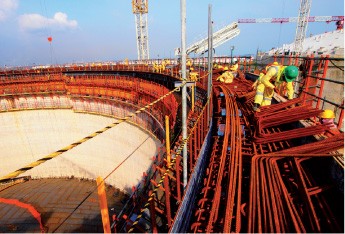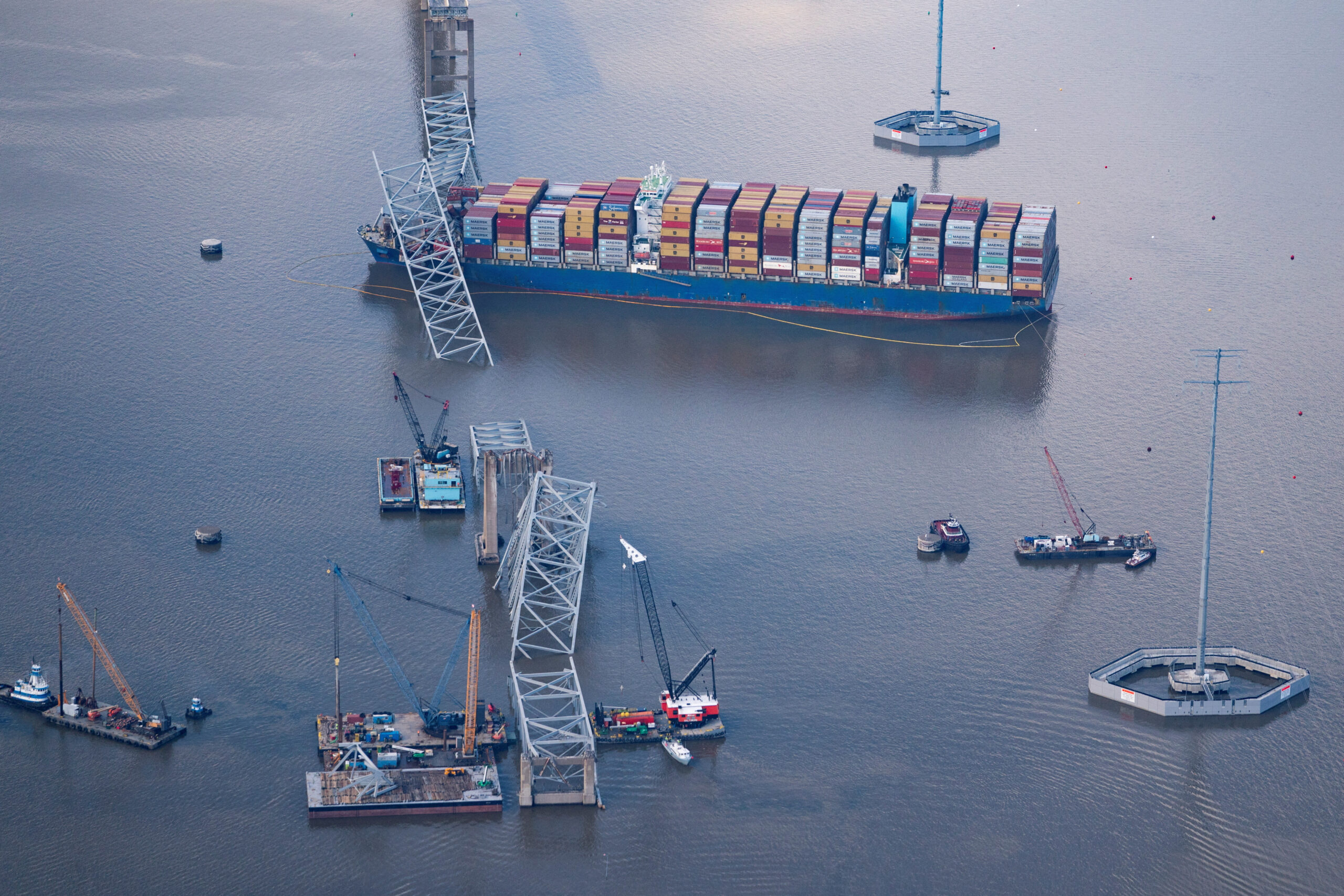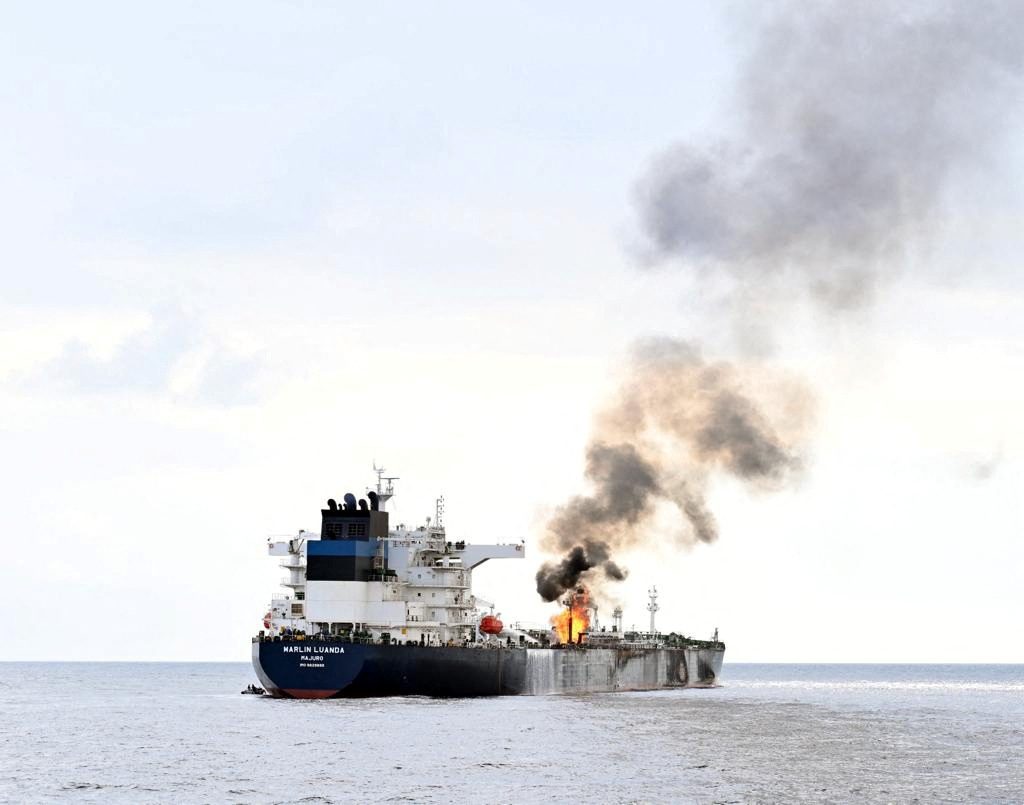The tank will boost the capacity of Singapore’s LNG terminal to 9 million metric tons a year, S. Iswaran, the second trade minister, said at a conference today in the city-state. The unit may be built by 2016 or 2017 and cost about S$500 million ($409 million), he said.
“This fourth tank will enhance our energy security by allowing further diversification of our fuel sources,” he said. “The increased storage infrastructure could also catalyze business opportunities such as LNG trading, break-bulk services and LNG bunkering.”
Singapore, Asia’s biggest center for oil trading, refining and storage, is trying to position itself as a regional LNG hub as consumption increases for natural gas that is chilled for transport in liquid form. BG Group Plc, a supplier of LNG for the terminal, says a global gas market is decades away, a hurdle for developing a trading hub.
The government is monitoring supply trends in the global LNG market, including the “great deal of movement” in North American shale gas, Iswaran said.
Singapore’s first two LNG storage tanks, a regasification plant and a jetty will begin operating on Jurong Island in the second quarter of 2013, according to Neil McGregor, chief executive officer for Singapore LNG Corp., builder and operator of the terminal. A third storage tank, expanded processing facilities and two more jetties will be completed in early 2014, he said yesterday.
Cheaper Gas
“Sometime in the next six to 12 months, we should be moving into the first stage, which is front-end engineering and design,” Iswaran said today about the fourth tank.
A shift away from LNG contracts pegged to oil prices “does not in itself mean that you’ll have cheaper gas, but it gives you diversification in the way prices are set,” he said.
“We’re also seeing shorter-dated contracts as opposed to long term and I think there’s room for greater development of a spot market,” he said.
Oil-linked liquefied natural gas contracts will continue to be effective pricing mechanisms, Milorad Doljanin, a director at Gazprom Marketing and Trading Singapore, said today at the conference in Singapore.
“We continue to believe that oil-indexation is the best way to achieve that reliability of supply and also of demand,’’ Doljanin said.
– Yee Kai Pin, Copyright 2012 Bloomberg.

 Join The Club
Join The Club













